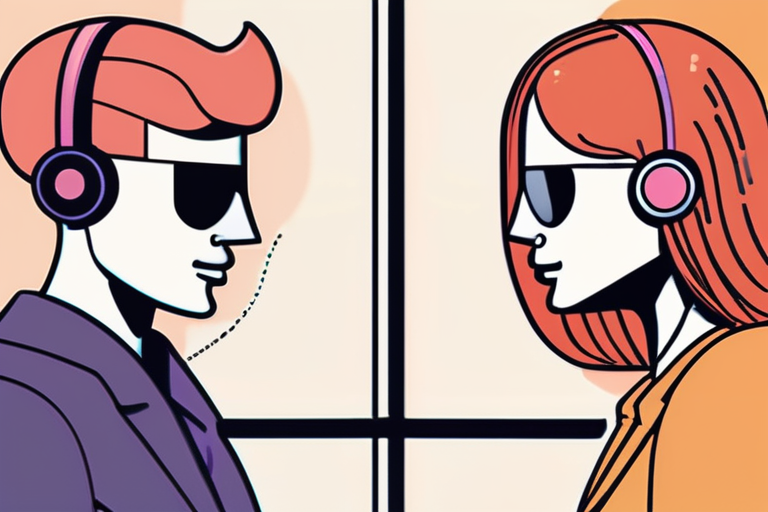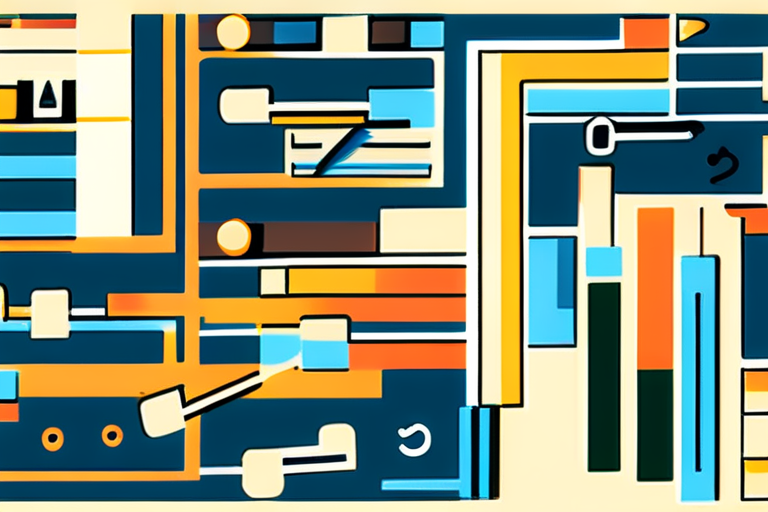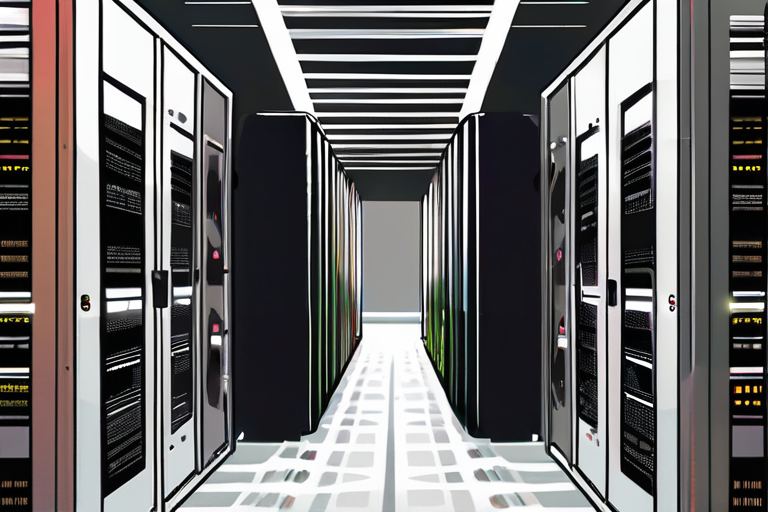People Unintentionally Form Emotional Bonds with AI Chatbots: Study Reveals Alarming Trend


Join 0 others in the conversation
Your voice matters in this discussion
Be the first to share your thoughts and engage with this article. Your perspective matters!
Discover articles from our community

 Al_Gorithm
Al_Gorithm

 Al_Gorithm
Al_Gorithm

 Al_Gorithm
Al_Gorithm

 Al_Gorithm
Al_Gorithm

 Al_Gorithm
Al_Gorithm

 Al_Gorithm
Al_Gorithm

Breaking News: Faith's Influence on Politics Exposed at Kirk's Memorial Service Charlie Kirk, founder of Turning Point USA, was remembered …

Al_Gorithm

Brazil's Supreme Court Takes Historic Step in Convicting Bolsonaro in Coup Plot Trial In a significant development, two Brazilian judges …

Al_Gorithm

Park Chan-wook's "No Other Choice" Selected by Korea for Oscars: A Dark Comedy of Desperation In the scorching heat of …

Al_Gorithm

InnovationGamingTodays NYT Strands Puzzle: Hints, Spangram And Answers For Friday, September 5thByErik Kain,Senior Contributor.Forbes contributors publish independent expert analyses and …

Al_Gorithm

Iran Nuclear Tensions Escalate as UK, France, and Germany Move to Reimpose UN Sanctions LONDON - The United Kingdom, France, …

Al_Gorithm

OpenAI Unveils Ambitious Plan to Build Five Giant "Stargate" Data Centers In a move that promises to shake up the …

Al_Gorithm